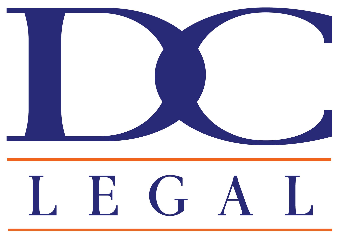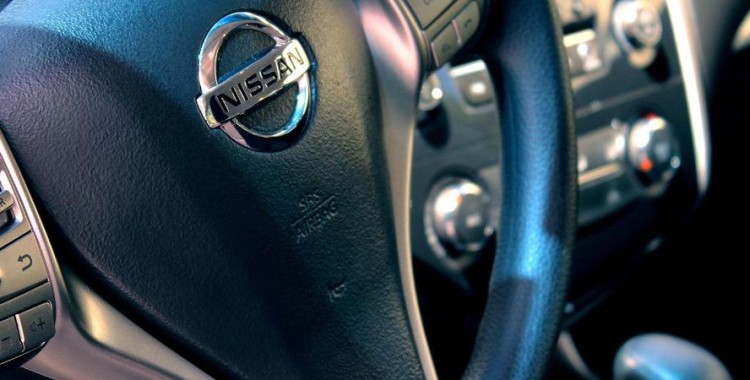The Facts: Personal Injury Protection (PIP) Insurance in Washington State
What is Personal Injury Protection?
Personal Injury Protection (PIP) is insurance coverage which is added to an auto insurance policy. PIP is not required in Washington State, but insurers are required to offer it. Generally speaking, PIP pays out regardless of who is at fault and applies to all parties injured in the automobile accident (some exceptions below). Pedestrians and bicyclists injured by an automobile are also covered.
What does PIP cover?
- Medical Expenses. Minimum of $10,000 for reasonable and necessary medical expenses for each person injured in an automobile accident. Available up to three years from the date of the accident.
- Loss of Wages “income continuation benefits”. Minimum of $10,000, subject to a limit of $200 per week.
- Loss of Services. Payment to non-family members for work the injured party cannot perform. Minimum of $5,000, subject to a limit of $200 per week.
- Funeral Expenses. Minimum of $2,000.
Cite: RCW 48.22.095
Insured parties have the option to increase PIP coverage upon request, at a higher monthly premium to $35,000 for medical expenses, $35,000 for income continuation benefits, and $14,600 for loss of services.
Cite: RCW 48.22.100
Exceptions: What is not covered by PIP?
PIP does not cover injuries caused by using:
- Farm equipment
- Recreational or off-road vehicles
- Mopeds
- Motorcycles (however, coverage may be available on motorcycle policies at a high price)
Additionally, Washington law states that PIP does not cover:
- Intentional, self-inflicted injuries caused by the insured person.
- Injuries sustained by insured person participating in, or preparing for, a prearranged or organized speed or racing contest.
- Injuries to the insured person while using their automobile in commission of a felony.
Cite: RCW 48.22.090
How do I get PIP?
Washington State law requires insurance companies to offer you PIP when signing up for auto insurance. Although PIP coverage is optional, it is most likely already included in the insurance company’s initial offer. An insured person has the option to reject PIP coverage, but the waiver must be in writing. Once an insured person has successfully waived his or her PIP coverage, the insurance company is released from coverage of all individuals who would have been covered under PIP. An insured party does have the ability to request coverage at a later date, but this request must also be in writing.
Injured people often think they do not have PIP when they actually do. An insurance company will not readily offer up coverage if the insured does not file a claim. Simply put, if you have not waived PIP insurance in writing then you are covered. Getting compensation following an injury stemming from an automobile accident can greatly reduce the stress associated with such an event. There is a reason Washington State requires insurance companies to offer it: injuries can be costly.
Have questions regarding PIP coverage or your rights in an auto accident? Contact us.







